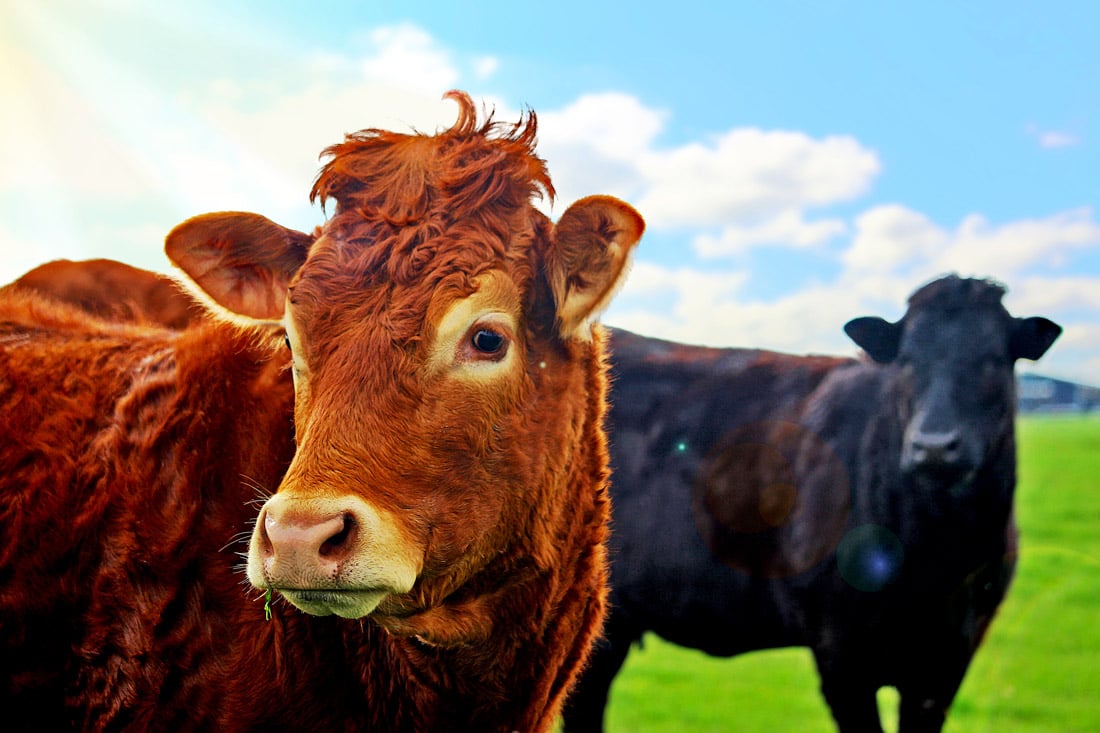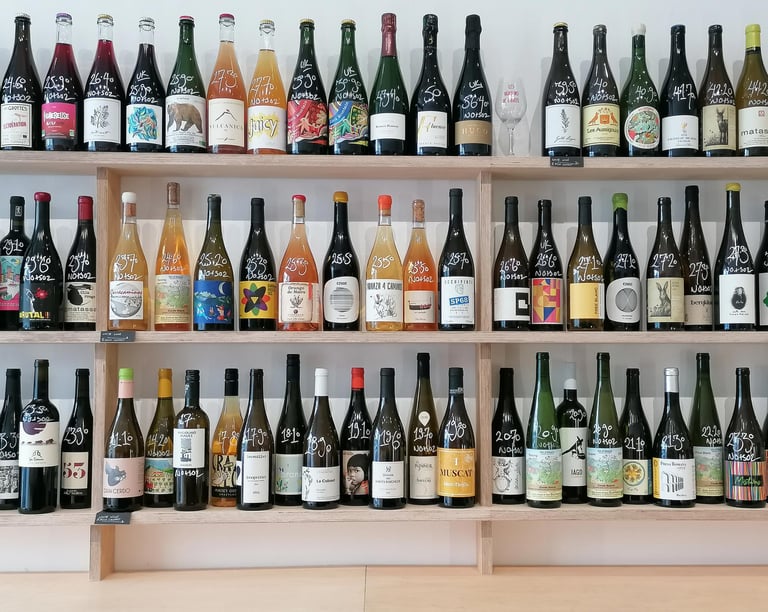Campaigners, chefs and farmers push the ‘eat less but better-quality meat’ message, but is choosing British grass-fed beef over its intensely reared Brazilian counterpart actually better for the planet? Mukti Mitchell, founder of Carbon Savvy, shares his thoughts
The food we eat was drawn into sharp focus in 2019 when the Eat-Lancet report stated that red meat consumption (among other food groups) would have to drop by over 50 per cent globally by 2050 for improved environmental and health benefits.
It put yet another issue on the table to be considered when doing the weekly shop. Now, in addition to thinking about our households’ individual tastes, schedules, health and budget, we also have to factor in how the food we buy impacts the planet.
It’s made even more complicated by often conflicting opinions on the divisive issue of whether eating meat can be planet-friendly. We asked Mukti, an environmentalist and carbon-reduction expert, if he thinks going vegan is the only eco-friendly answer – or whether sourcing responsibly reared meat offers a practical solution.
‘Simply put, grass-fed meat is better but not perfect,’ he says.
‘Switching from processed, soya-fed meat from places like Brazil to local, grass-fed meat will undoubtedly reduce the carbon footprint of your diet. At the same time, reducing your meat intake by half will also reduce your footprint – and going vegan even more so.’
Mukti believes farmers can be part of the solution to the climate-change crisis and says: ‘Farming, done the right way, absorbs CO2 and buries it in the soil.
‘There are organic beef farms in the UK with low densities of cattle grazing on very deep-rooted tall grasses which sequester more CO2 per hectare than forest.
‘The wider picture is, if the five billion hectares of global agricultural land is managed correctly, it can absorb more than a third of current global human CO2 emissions. As such, agricultural sequestration is probably the only global-scale method to draw down the excess CO2 currently in the atmosphere, and is therefore an essential part of averting climate change.’
So if eating the right kind of beef (in smaller quantities) is okay, what exactly should we be looking for when we’re shopping?
‘Grass-fed meat can be high-, low- or negative-carbon depending on the cattle density and how the soil is managed. Only when we have carbon labels on food packaging will we be able to tell for sure, however grass-fed is a big step in the right direction. UK beef and lamb typically has a third of the emissions of foreign equivalents,’ says Mukti. ‘Farming practices usually emit more CO2 than transportation, so how it’s produced is more important than where. In terms of provenance, favour local, British, European and then the rest of the world.’
Many South West farmers are committed to the practice of sustainably rearing grass-fed red meat, making it increasingly easy for consumers to source it. Local farm shops and butchers are a great place to look – don’t be afraid to ask them where the meat is from and how it was reared (those selling quality produce will know) – or buy direct via the growing clutch of local meat boxes which deliver direct to homes.
‘I believe for many people, eating a small amount of grass-fed organic meat will be part of a low-carbon future,’ says Mukti.
We’ll raise a glass of red and a rib-eye to that.
Keen to stay up to date on what’s new and get the heads up on the best places to eat shop and stay in the South West? Want to support independent publishing and creativity in the region? You can do both at once when you take out a subscription to the printed edition of Food Magazine. Six gorgeous issues a year, delivered to your door for just £25. Subscribe here








